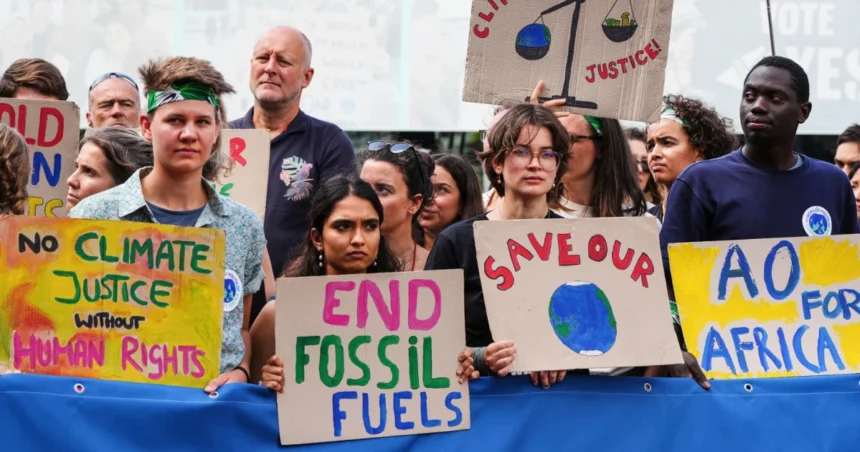On Wednesday, July 23, 2025, the top court of the United Nations announced that if countries fail to take actions to protect the planet from climate change, they could be in violation of international law.
The International Court of Justice (ICJ) was delivering an advisory decision in a landmark case on governments’ responsibility to address climate change and the repercussions if they do not, describing it as an “urgent and existential” threat to humanity.
The court president, Yuji Iwasawa, said during the hearing, “Failure of a state to take appropriate action to protect the climate system … may constitute an internationally wrongful act.”
The court also stated that countries harmed by climate change may be entitled to compensation for the damage caused by rising global temperatures, but the amount owed should be decided on a “case by case” basis.
The court added that a “clean, healthy and sustainable environment” is a human right. Enshrining a sustainable environment as a human right opens the door to various legal proceedings, such as states returning to the International Court of Justice to hold each other accountable, domestic lawsuits, and legal instruments such as investment treaties.
The case was led by the Pacific island nation of Vanuatu and supported by more than 130 countries.















